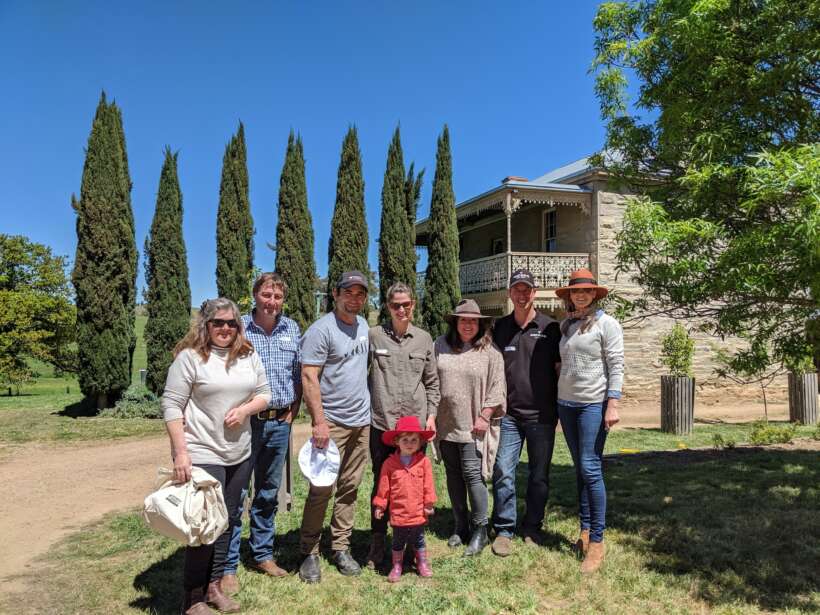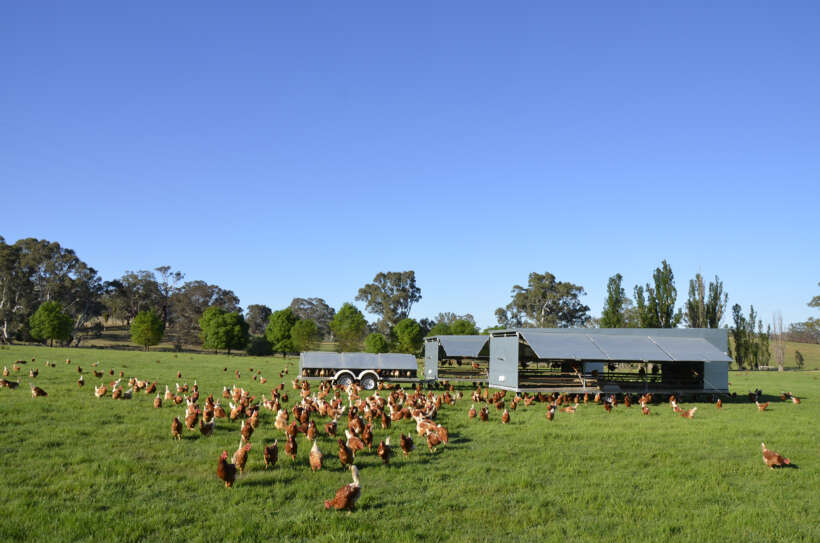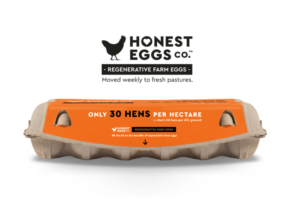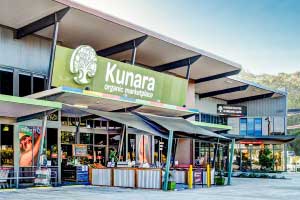On a mission to change egg farming for the better, we chat to Honest Eggs Co. co-founder Paul Righetti & learn about what started their regenerative farming journey.
Tell us a little bit about your farm.
Originating from Daylesford, Victoria, Honest Eggs Co. was co-founded by my wife, Jacqui & I along with another farming family, Ian & Kim Garsed, who were also excited by our mission to improve egg farming for the better. Now five years in, we employ many local workers from packers to collectors, to farm managers, and people involved in sales and marketing. We also have five other 3rd and 4th-generation farming families who farm according to our guidelines. These families are doing great things in regenerating their land and it’s a pleasure to have them on board. One that just joined us is working to naturally regenerate old dairy land that had been run down due to intensive farming practices. It’s exciting to see and partly contribute to.
How long have you been farming & what lead you to pursue Honest Eggs Co?
I’m a fourth-generation farmer though I spent some years in Melbourne, before returning to the farm.
We see ourselves as custodians of the land. We’re just holding the farm for the next generation and all we can do to improve it as a gift to them. Over the years we’d seen what fertilisers & chemicals had done to the farm and the environment. It didn’t sit well with
us. We’d been doing a lot of research on regenerative farming, & holistic farm practices so we could get rid of fertilisers and chemicals. Chickens were on the radar, but the birth of Honest Eggs Co. actually began with a school project my daughter did. We purchased 50 hens, and tasted how delicious their eggs were compared to the free-range eggs we had been buying, and that really motivated us to take action.
What is regenerative farming?
Regenerative farming is about rehabilitating the land & building biodiversity in everything you see and don’t see. It can build topsoil, improve microbiology, and insect life, increase water holding capacity and sequester more carbon. At its essence, it is about working with nature’s natural cycles as opposed to against them. Regenerative farming faced a lot of resistance in the early days, but it works and is gaining significant momentum as people see the visual impact and improved yields.
How do you practise regenerative farming on your land?
Our main mechanism on the hens’ side of things is to move our sheds weekly to fresh pastures. This not only ensures an abundance of natural food but also helps to build microbiology in the soil & naturally fertilises the land. Plus, it helps build & hold carbon in the soil. Furthermore, the pasture where the hens have fertilised grows back denser & nutrient-rich for other animals on the farm. We then rotate in the cows and sheep who graze on the grass to bring it back down to a height where we can bring in the hens again, as well as give the land time to rest and recover.
What’s so special about your eggs?
Our eggs have a naturally bright orange yolk & contain higher levels of protein & amino acids. Combined with freshness, it means the yolks hold together better when poaching. With only 30 hens per hectare, our mindset is about looking after the land & regenerating it.
It’s a totally different philosophy to free-range egg farming and it really delivers two products in one: an award-winning great tasting egg along with regeneration of the soil. When you buy any regenerative products, you’re voting with your shopping dollar, which is the most important thing you can do to make a better world. It also helps make farming viable for the next generation.




Leave a Reply